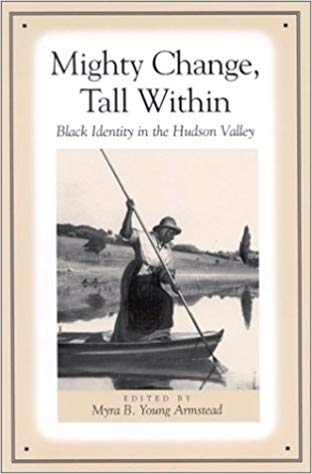Description
A history of African American presence in the Hudson Valley region from the colonial period to the present.
Using New York State’s Hudson Valley as a backdrop, this book provides a regional perspective on black identity from the colonial period to the present. Through racialized struggles and varying experiences of black residents, a black presence in the region has persisted. Factors such as religious structures and cosmologies, ethnicity, legal systems, economic patterns, class, gender, family structures, and leaders have uniquely influenced black identity.
The religion-inspired metamorphosis of celebrated antebellum black resident Isabella Van Wagenen, later known as Sojourner Truth, illustrates how the abandonment of her slave identity and her refusal to call her new employer “master,” was a liberation for blacks—a “mighty change.” Moving from the colonial period to the present, this book underscores the mighty change in the identity of blacks in the region over nearly a four-hundred-year period—from captive to slave, from slave to free, from northern-born to southern-influenced, from pre-industrial to post-industrial, from multi-ethnic to multi-national. Like Isabella, in her successful determination to reclaim her son who had been wrongfully forced into slavery, black people within the region have stood “tall within.”
Contributors include Aileen B. Agnew, Myra B. Young Armstead, Andrew A. Beveridge, Sherri-Ann P. Butterfield, Joan H. Geismar, Michael E. Groth, Bruce D. Haynes, Graham Russell Hodges, Denise Love Johnson, Michael McMenemy, Linda Pershing, Edythe Ann Quinn, Paul Stoller, and Irma Watkins-Owens.
At Bard College, Myra B. Young Armstead is Professor of History, Co-Chair of the American Studies Program, and Chair of the Multiethnic Studies Program. She is the author of “Lord, Please Don’t Take Me in August”: African Americans in Newport and Saratoga Springs, 1870–1930.

